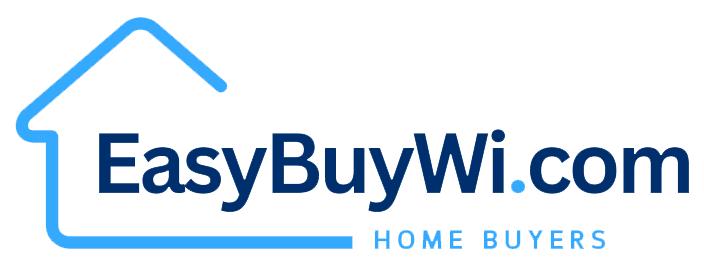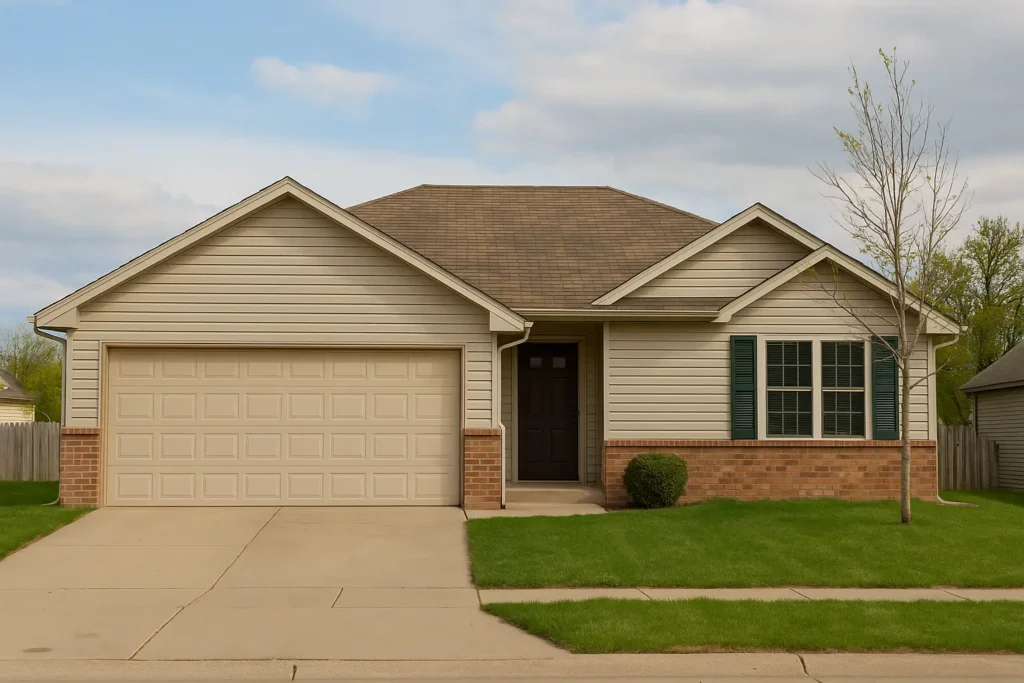Introduction
When it’s time to sell, most homeowners focus on the listing price, agent commissions, and potential profit, but the hidden costs of selling a house can quickly add up. From repairs to closing fees, these often-overlooked home selling expenses can shrink your bottom line if you’re not prepared. Knowing what to expect upfront helps you plan smarter and keep more money in your pocket.
Let’s break down the key costs and how to manage them.
The Most Common Home Selling Expenses
When preparing to sell a home in Wisconsin, it’s easy to focus on the potential profit, but sellers often overlook the routine expenses that come with listing a property. From agent commissions to repair costs and closing fees, these common home selling expenses can significantly impact your bottom line if not properly planned for. Here’s a breakdown of the major costs you should expect.
Agent Commissions and Fees
Agent commissions typically account for around 5 to 6 percent of the sale price and are split between the buyer’s and seller’s agents. This fee often covers marketing, showings, and negotiations, but services can vary, so it’s important to ask your agent exactly what’s included.
Home Repairs and Pre-Listing Updates
Preparing a home for sale often requires more investment than sellers expect. From big-ticket repairs to cosmetic upgrades like paint, flooring, and staging, the costs add up. These improvements can boost your home’s value but also increase your overall selling expenses.
Closing Costs for Sellers
Sellers are typically responsible for a variety of closing costs, which can total one to three percent of the home’s sale price. These costs may include:
-
Escrow and attorney fees
-
Title insurance
-
Transfer taxes
-
Recording fees
-
Prorated property taxes or HOA dues
Understanding these fees upfront can help you avoid unpleasant surprises and better estimate your net proceeds.
Unexpected Costs When Selling a Home
Beyond the usual expenses, there are several unexpected costs when selling a home that can quietly chip away at your profit.
Holding Costs
While your home is on the market, you’re still responsible for:
-
Mortgage payments
-
Property taxes
-
Homeowners insurance
-
Utilities
-
Lawn or pool maintenance
If your home sits unsold longer than expected, these ongoing costs can quickly reduce your overall return—especially if you’ve already moved into a new property.
Buyer Incentives and Concessions
In a competitive market, buyers may request incentives like home warranties, repair credits, or help with their closing costs. These concessions often arise after inspections and can range from a few hundred to several thousand dollars. Sellers often agree to credits of $2,000 to $10,000 to keep deals from falling through.
Double Living Costs
If you’ve already purchased or rented your next home before selling your current one, you may face double payments—two mortgages, utility bills, or rent. Careful timing and budgeting can help reduce this financial strain.
How to Plan for Real Estate Closing Costs
The best way to protect your profit is to understand and plan for all real estate closing costs before your listing goes live. Here are a few key tips:
-
Use a net proceeds calculator with your agent to estimate your actual payout.
-
Ask detailed questions about title fees, commissions, and taxes before listing.
-
Build a buffer of 1 to 2 percent of your home’s value for unexpected costs or negotiations.
Transparency is key. The more informed you are, the less likely you are to be caught off guard.
How to Avoid Surprise Home Sale Fees
No one likes surprises—especially when they come with a price tag. Here’s how to reduce the risk of unexpected home-selling costs.
Get a Pre-Listing Inspection
Identifying potential issues early helps you decide which repairs are worth making and which should be disclosed. It also prevents last-minute negotiations after the buyer’s inspection.
Work with an Experienced Local Agent
A knowledgeable Wisconsin real estate agent will understand market expectations, pricing trends, and typical timelines. They’ll help you plan ahead and avoid common pitfalls.
Understand Your Contract Terms
Before signing any agreements, review all terms carefully. Know what fees apply, who pays what, and what happens if the deal falls through.
Should You Consider a Cash Offer Instead?
One way to reduce many of these hidden costs is to sell your house for cash. Cash buyers like EasyBuyWI often purchase homes “as-is,” which means:
-
No repairs or upgrades
-
No open houses or showings
-
No waiting for financing or contingencies
While a cash offer may be slightly lower than a traditional sale, it can save you thousands in agent commissions, repair costs, and holding expenses. And since most cash deals close in just 7 to 10 days, you reduce the risk of double payments and drawn-out timelines.
FAQs
1) What’s the average amount sellers lose to hidden costs?
Sellers can lose anywhere from 8 to 10 percent of their home’s value due to hidden costs like commissions, repairs, closing fees, and holding expenses. On a $300,000 home, that could mean $24,000 to $30,000 in unexpected costs.
2) Are there ways to negotiate who pays closing costs?
Yes. In a buyer’s market, sellers often agree to cover some of the buyer’s closing costs. In a seller’s market, buyers may be more flexible. Discuss this with your agent and include it in your strategy.
3) How do staging and photography costs affect my sale price?
Staged homes and professional photography typically sell faster and for higher prices. While these are upfront expenses, they can often lead to stronger offers, making them a smart investment for many sellers.
4) Is there a way to avoid these costly repairs and expenses?
Yes. You can opt for a fast cash home sale with a local buyer like EasyBuyWI. We buy houses in any condition with no fees, no commissions, and no surprises—just a fast, fair, stress-free process.

